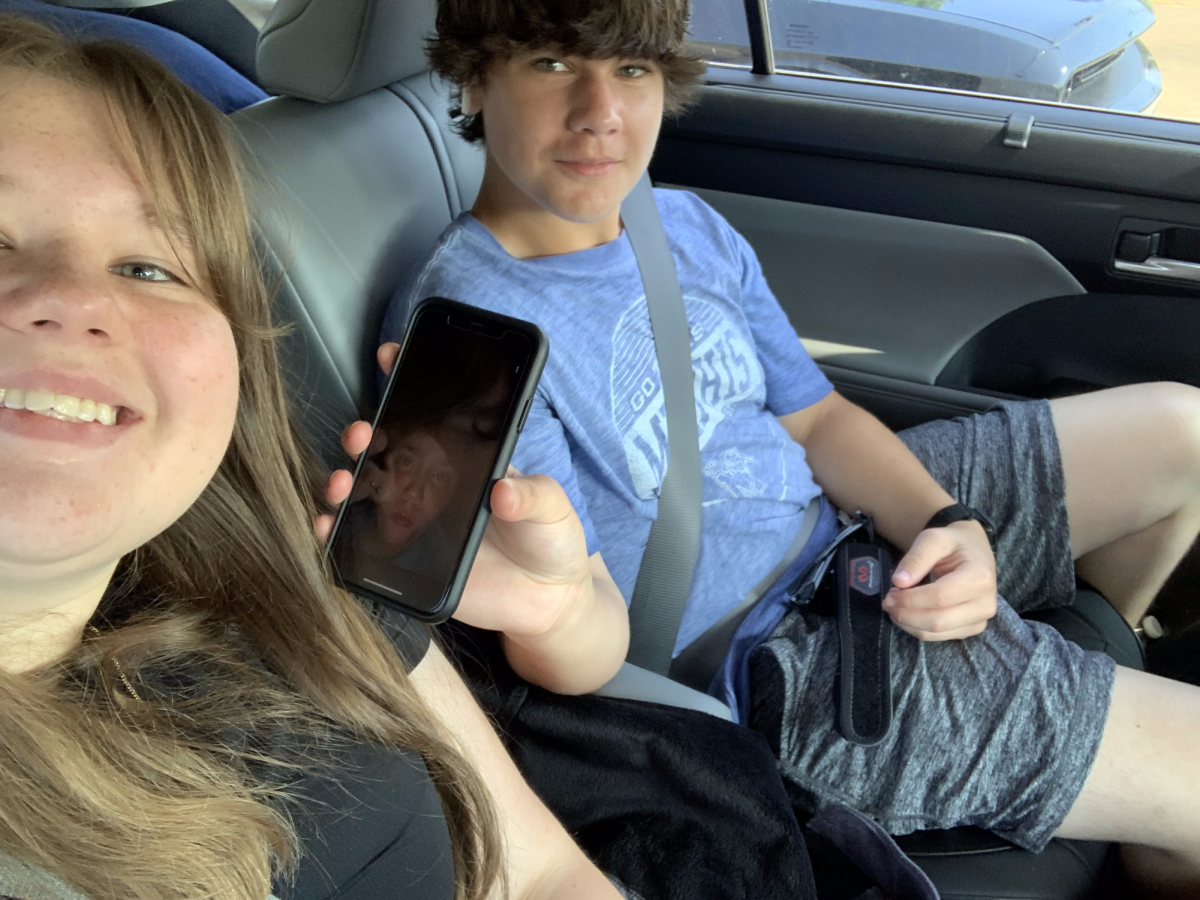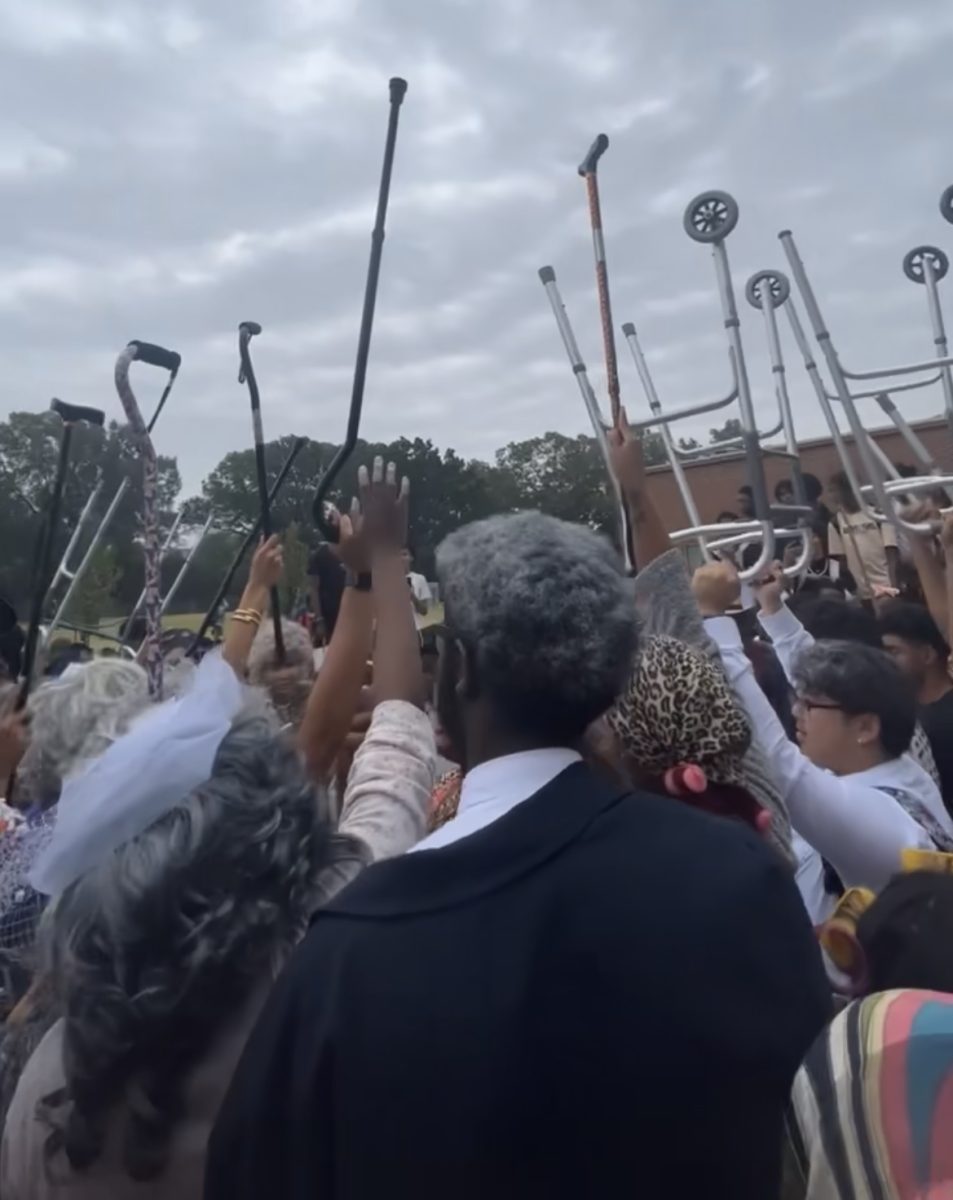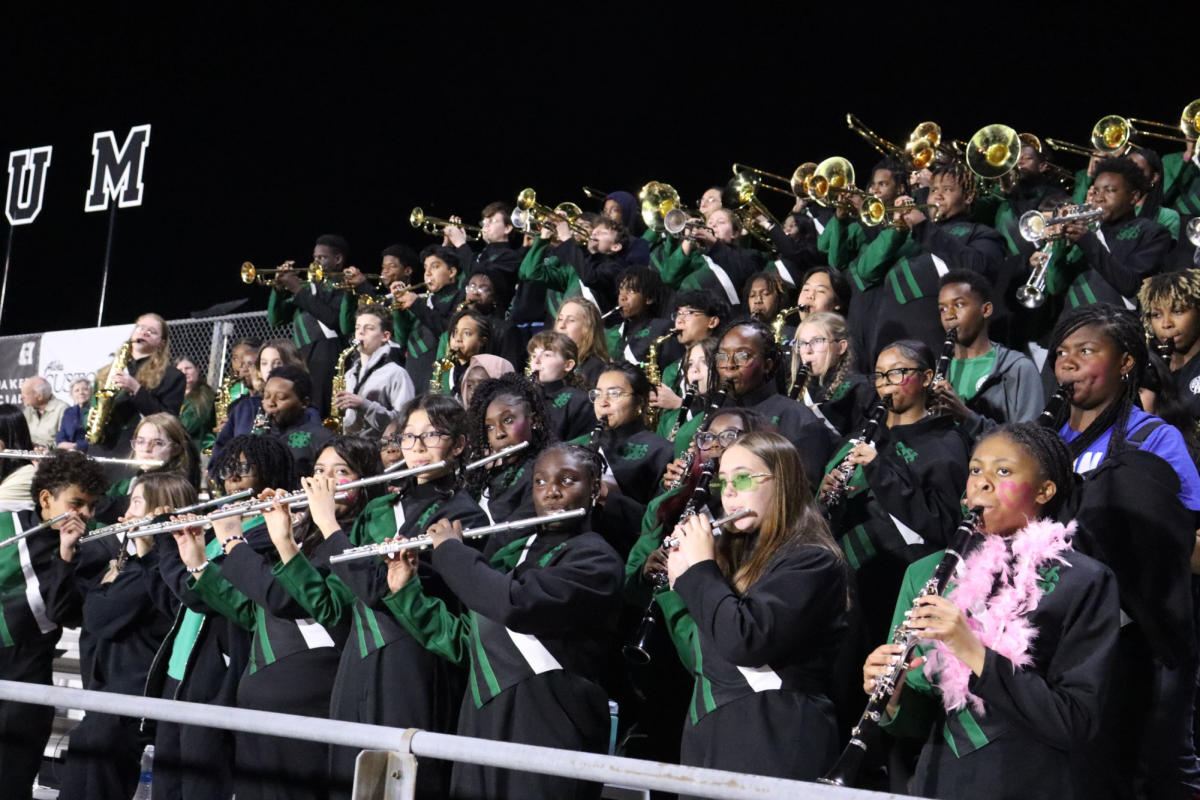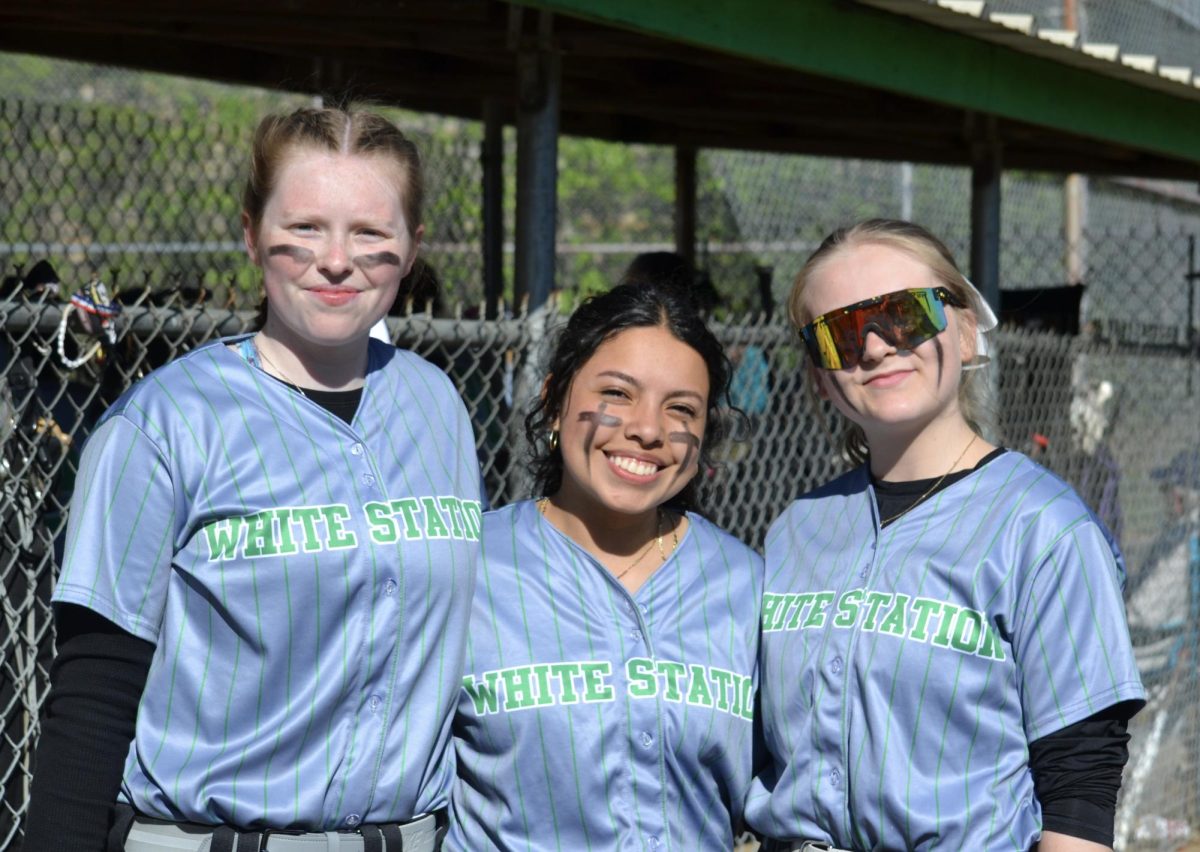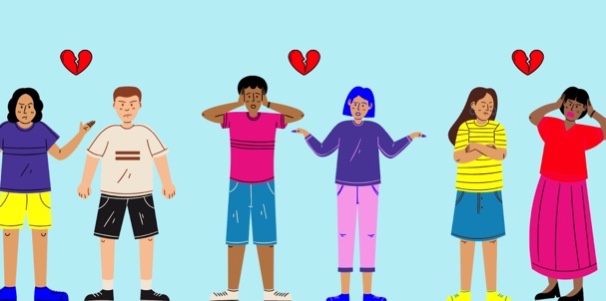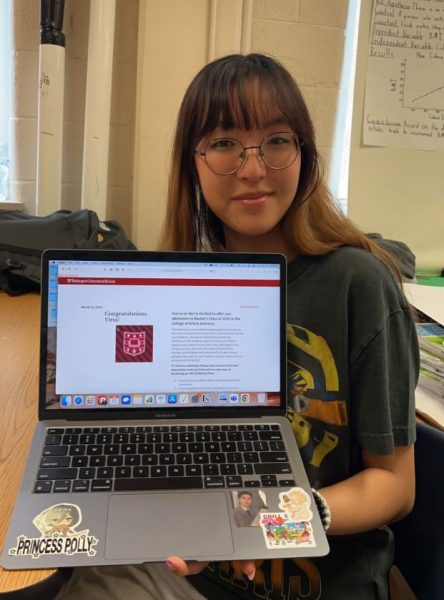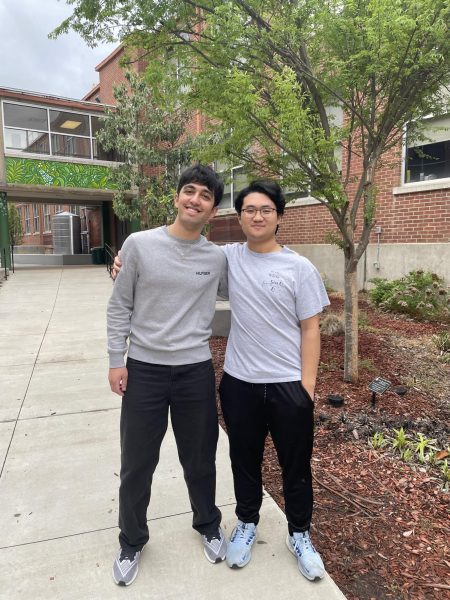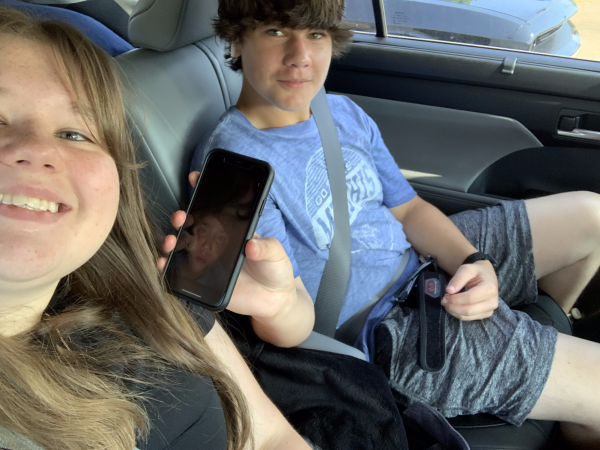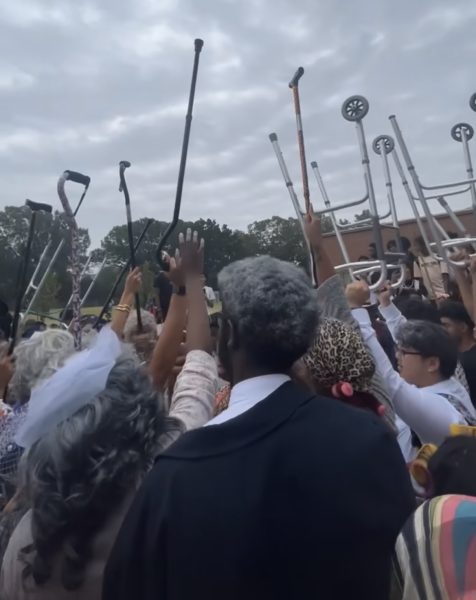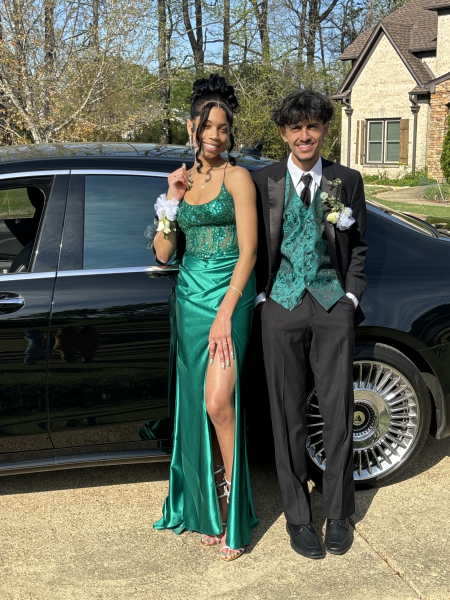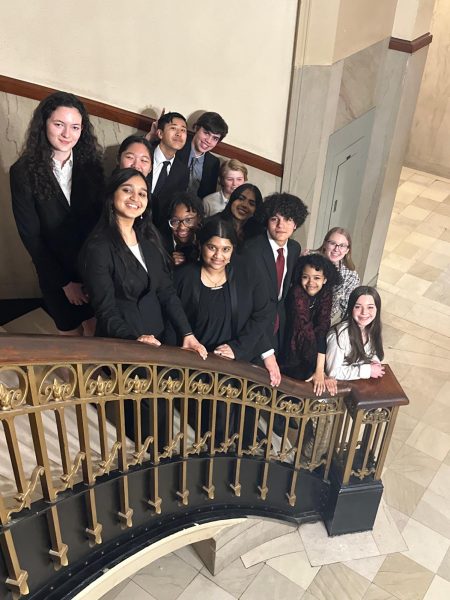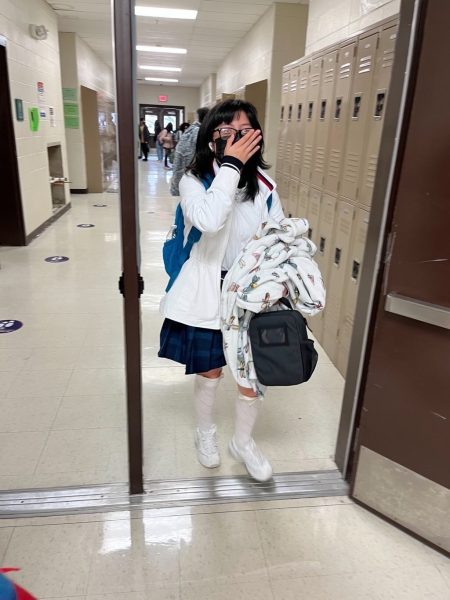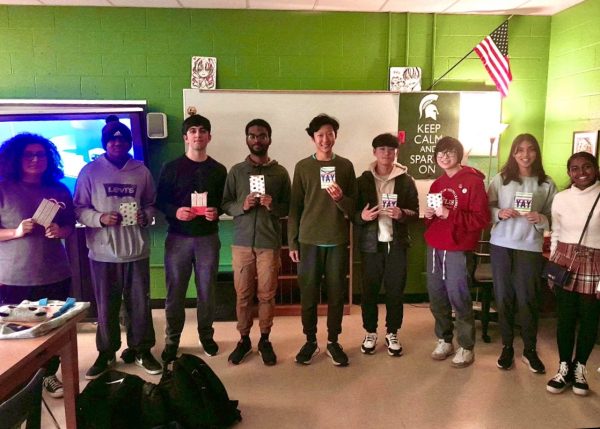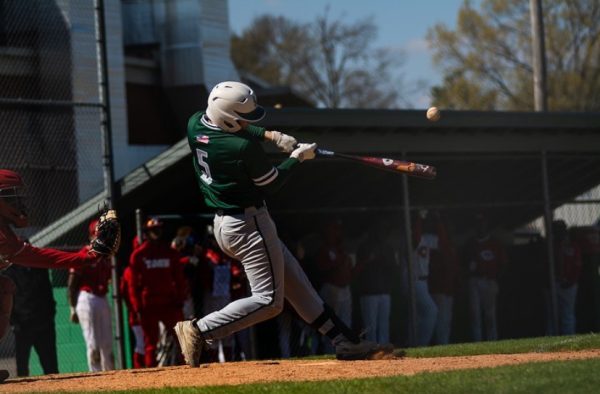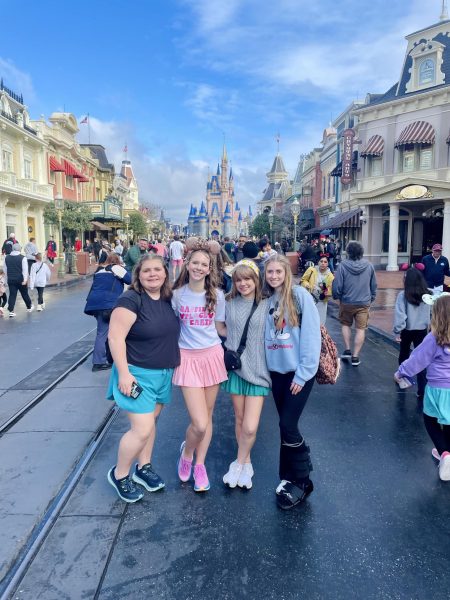High school relationships — proceed with caution
High school relationships are usually short and sweet. Although some can last, most of them plummet fast.
High school relationships can be a whirlwind of romance and drama. Most students dream about having them: walking through the hallway holding hands, surprising each other with notes inside their lockers or even sneaking out of class to see each other. In theory, it sounds great, but multiple things can go wrong in the long run.
High school is a place where students discover who they are; it is the perfect training ground for the real world where they can try out new things with minimal consequences. One of those things is relationships, but exactly how minimal can those consequences be?
“I think that relationships in high school are good when the two individuals have common goals and interests,” Bella Tichenor (11) said. “They prepare you for adulthood and teach valuable lessons, but they can also have a negative impact.”
Balancing stress from school, extracurricular activities, preparing for college and trying to also include that special someone can sometimes cause more harm than good, especially when a relationship turns toxic and requires even more time that a student cannot afford to give.
“Toxic relationships are very bad for your mental health because not only is the toxicity draining, it can also be really difficult to leave a toxic relationship,” Sarah Forrester (11) said. “When a person leaves a toxic relationship, they don’t just leave all their pain behind and magically get over it immediately: it takes months, possibly even years to heal from it.”
Relationships are hard to master even for mature adults, so things can especially turn messy quickly for couples still in school. These early age relationships can be damaging to a young person’s mental health, friendships and even school life. Sometimes, students start to care about their other half more than their futures, resulting in worsening grades and performances in extracurriculars.
“Sometimes I let my relationship get in the way and distract me from my school work and social life, and I’ve found that I don’t spend time with my friends and family as much anymore,” Tichenor said. “I also will neglect my schoolwork sometimes and spend time with my [significant other] when I should be focusing on my assignments.”
According to BrandonGaille Marketing, today, only 2% of high school relationships last beyond high school, so students could be jeopardizing their future for something with such a minuscule chance of surviving. To make matters worse, high school couples that get married only have a 54% chance of their marriage lasting a decade. Therefore, students need to remember to keep their priorities straight and futures on track.
“It is so important to find someone that may not necessarily have the same goals and interests but supports you as an individual in everything that you do and vice versa,” Tichenor said. “In high school relationships, you have to find time to fit a relationship into your schedule and remember that school is what’s most important, and if a relationship doesn’t fit into your dynamic, you have to make a hard decision.”
Although some can go down south fast, high school relationships are perfect for establishing a baseline for what to expect in college and later in life. They can help prepare you for the real-world dating scene and allow you to discover what you like, don’t like and other valuable lessons in relationships. Nobody is perfect, especially in high school, so instead of eye rolls at that couple locking hands in the hallway, just remember that they are in a learning process that can be a balance of drama and negativity but also positivity and maturing.
“High school overall is just very stressful for everyone involved; kids are stressed out if they don’t do work in time, [and] there’s expectations put on them by parents, significant others and tons of other people, and it’s not easy,” Benjamin Lappin (12) said. “But I do think that the majority of relationships are maybe not as bad as most people think they are. It’s a learning process, but it also affects everyone who is developing, which is everyone at this school. Just remember that nobody here is perfect.”
Your donation will support the student journalists of White Station High School. Your contribution will allow us to purchase equipment and cover our annual website hosting costs.



